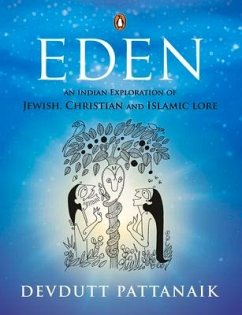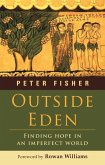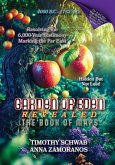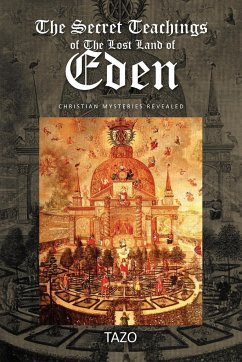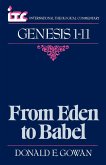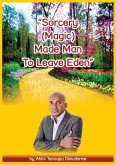Eden is the garden of happiness that humankind lost when Adam and Eve the first human couple, disobeyed the one true god, i.e., God, and ate the fruit of the forbidden tree. To this garden all humanity shall return if we accept God's love and follow God's law. It represents paradise in Abrahamic lore, which emerged over 4,000 years ago in the Middle East and has since spread to every corner of the world in three forms: Judaism, Christianity and Islam. Like the Ramayana and Mahabharata, Jewish, Christian and Islamic tales too are cultural memories and metaphors, i.e. mythologies. They seek to make life meaningful by establishing a worldview based on one God, one life, and one way of living based on God's message transmitted through many messengers. But these stories contrast Indian mythologies that are rooted in rebirth, where the world is without beginning or end, where there are infinite manifestations of the divine, both within and without, personal and impersonal, simultaneously monotheistic, polytheistic and atheistic. Eden explores the vast world of Abrahamic myths from a uniquely Indian prism, through storytelling that is intimate but not irreverent, and to introduce reader
Hinweis: Dieser Artikel kann nur an eine deutsche Lieferadresse ausgeliefert werden.
Hinweis: Dieser Artikel kann nur an eine deutsche Lieferadresse ausgeliefert werden.

